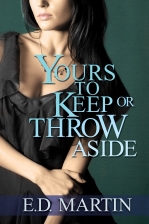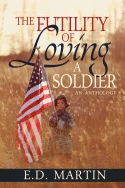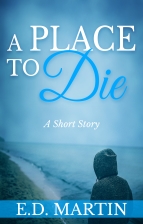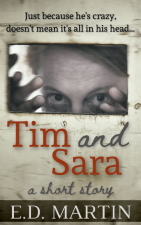Day P of the 2013 Blogging from A to Z April challenge. Today’s topic: pride.
When I taught high school English a few years ago, I found the kids learned best if the units revolved around a theme rather than just form or length, like non-fiction, poetry, short stories, etc. And to that end, my whole sophomore world lit class focused on pride.
We started out our poetry unit with excerpts from The Inferno, talking about the layers of Hell in the context of the Seven Deadly Sins (yeah, I talked about religion in a public school; that’s actually okay as long as you don’t endorse one religion over another). And the kids came to the conclusion that pride was left out because Dante didn’t want to burn in hell too.
Next was a poem by Pierre de Ronsard:
 |
| The original Ladies’ Man |
When you are truly old, beside the evening candle,
Sitting by the fire, winding wool and spinning,
Murmuring my verses, you’ll marvel then, in saying,
‘Long ago, Ronsard sang me, when I was beautiful.’
There’ll be no serving-girl of yours, who hears it all,
Even if, tired from toil, she’s already drowsing,
Fails to rouse at the sound of my name’s echoing,
And blesses your name, then, with praise immortal.
I’ll be under the earth, a boneless phantom,
At rest in the myrtle groves of the dark kingdom:
You’ll be an old woman hunched over the fire,
Regretting my love for you, your fierce disdain,
So live, believe me: don’t wait for another day,
Gather them now the roses of life, and desire.
The kids took it to mean, “Hey, I loved you when you were hot. And now you’re old and ugly and just wish you could’ve hooked up with me when I was around, but now I’m dead and you’re old and ugly.” Which is definitely pride, the kids were quick to point out, especially in light of his picture.
And then we moved onto excerpts of Machiavelli’s The Prince, which I spun as a dictator’s handbook. It takes a lot of pride to see yourself as a worthy ruler when you’re a complete d-bag. From there we did a nonfiction unit on genocide around the world – Cambodia, Srebrenica, and Rwanda in addition to the Holocaust – and looked at interviews and biographies to try to figure out why ordinary people were so willing to kill their fellow citizens.
Plays gave us Bizet’s Carmen (yes, the opera; we read the words as a script), Goethe’s Faust, and Molière’s The Misanthrope; three plays that all revolve around pride.
As our novel we read Bulgakov’s Heart of a Dog, a wonderful story about forcing someone to become something they’re not and then punishing them when they don’t meet your expectations (read as satire of the Iraq War as well as the Bolshevik Revolution).
In all these works, we looked at not only what excessive pride moves people to do, but also what happens to them because of it. And that’s something I bring into my own stories; how does excessive pride lead to a character’s downfall – or, more interestingly sometimes, the downfall of others?
What themes do you work into your stories? And which of the Seven Deadly Sins – Greed, Anger, Pride, Lust, Envy, Gluttony, Sloth – are you most guilty/fond of?






Your students were very lucky to have you as an English teacher. It sounds like you really enjoyed teaching, and your topics.
As to your question – of the Seven Deadly Sins I am fascinated with Envy. I am fortunate never to have had cause, nor inclination, to be envious of anyone. It truly intrigues me to see envy rear its ugly head over the silliest of things.
Excellent “P” post.
Jenny @ PEARSON REPORT